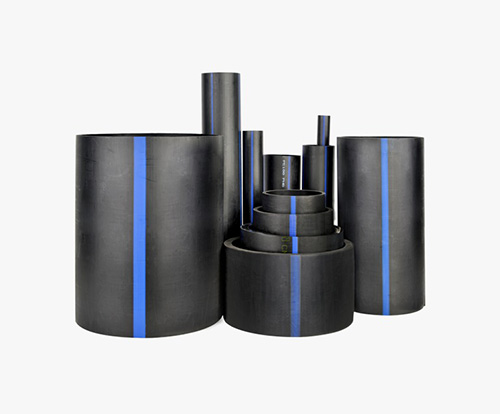Backed by a team of professionals, we have been a proud manufacturer of Agricultural HDPE Pipes for our clients. They are extensively used to supply water and also for sewerage and sewage disposal. These pipes are designed using tested quality material and sophisticated machinery at our unit under the strict supervision of our professionals. These pipes are safely packed by us in high grade packaging material in order to ensure their defect free transit to our end user.


